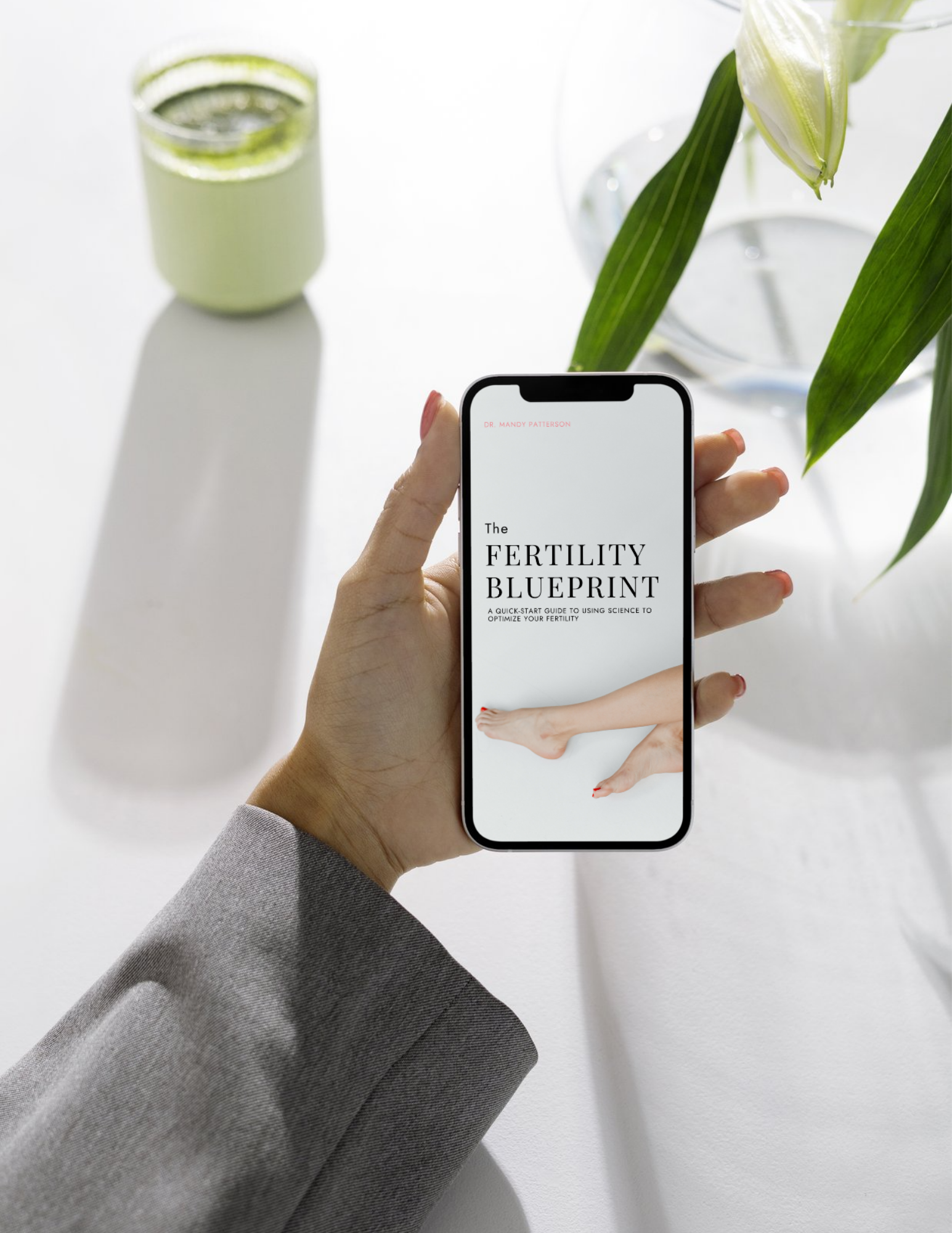Do you ever joke about your sweet tooth? Maybe you like chocolate, candy bars, soda, ice cream, a pastry, whatever it is, it’s common to crave something sweet every now and then. Unfortunately, there may be more sugar in your diet than you signed up for. A strawberry flavored yogurt can have up to 20 grams of sugar in one 6oz serving!
According to the American Journal Of Clinical Nutrition, the average American eats 76.7 grams of sugar every day. That’s the equivalent of 19 teaspoons per day!
Most American’s know that sugar is bad for their health. You got the message that it can cause brain fog, weight gain, diabetes, and even heart disease. While you know the risks, you may not be able to stop yourself.
If you experience binge eating, insatiable cravings, or loss of control you may want to start asking yourself, “is my body addicted to sugar?”
That’s exactly what I’m going to address in this article – sugar addiction and what YOU can do to quit sugar!
Is Sugar Addiction Real?
The short answer: yes. Sugar can be as addictive as alcohol or drugs, and worse it’s present in so many of our food products. Even just thinking about sugar can release dopamine in the brain.
You see, sugar creates a short-term high and spark of energy in the body. It triggers the reward center of your brain, which releases the neurotransmitter dopamine. This makes your brain want more of it. When out of control, dopamine is the precursor to addictions and cravings. It’s the same system used by drugs like cocaine to hijack the brain.
Listen, friends, about 80 percent of food items packaged in grocery stores contain added sugar. That’s a huge amount! But get this, the problem is exacerbated less by what you eat and more by what you drink.
Drinking a single one of any of today’s popular beverages is already over the daily recommendation of sugar intake. The average can of soda contains about 40 grams of added sugars, while bottles have around 42 grams, and one Starbucks coffee contains about 47 grams of added sugars.
The Cause of Sugar Addiction
You probably think you know the cause of sugar addiction. It’s nearly impossible to avoid. At this rate, I wouldn’t be surprised if even our water had sugar in it (joking, joking…kind of). But, let’s dig a little deeper and talk about some of the root causes of sugar addiction.
Sugar addiction sets off a chain reaction of cravings to anything with a high concentration of sugar. It starts with a fatigued, worn-out individual needing a source of energy or a carb-heavy meal. What happens instantly after consuming that carb-heavy meal is that the sugar content of the meal releases endorphins which react with other components to give you a boost of energy.
Upon realizing the effectiveness of a carb diet in supplying substantial energy, you may unconsciously begin to abuse sugar. You may also begin to rely on it as a cure for irritability, energy, or motivation.
Another root cause of sugar addiction deals with the pathways in your brain. Any highly palatable food that you eat on a regular basis, that is associated with comfort, happy feelings, or happy memories may result in creating neuropathways to prefer this food. This is called neuroplasticity and can make you prone to overeating this food.
Over time, you lose control over how much sugar you’re consuming, leading to a full-blown addiction.

Sugar creates a short-term high and spark of energy in the body. It triggers the reward center of your brain, which releases the neurotransmitter dopamine. This makes your brain want more of it.
Added Sugar Consumption – What’s The Big Deal?
There is a huge difference between natural sugars and added sugars. Naturally occurring sugars may be found in foods in their natural state. This includes glucose and fructose found in fruits and lactose found in milk.
Meanwhile, added sugars are those added to food during processing to improve the flavor and taste of food. Added sugars include:
- Brown sugar
- Corn sweetener
- Corn syrup
- Fruit juice concentrates
- High-fructose corn syrup
- Invert sugar
- Malt sugar
- Molasses
- Raw sugar
- Sugar
- Sugar molecules ending in “ose” (dextrose, maltose, sucrose)
- Syrup
The Danger of Sugar Addiction
The prevalence of a high-level intake of sugar is widespread. Research shows that at least 95% of cereals, sugar-beverages, and granola bars contained high-calorie sweeteners. Sugar addiction is real and dangerous. It’s often associated with other problems like binge eating, alcoholism, and emotional eating. That’s not to mention all the poor health outcomes from a sugar addiction like weight gain, diabetes, and heart disease.
Sugar Withdrawal and Detox Symptoms
When you quit sugar several things happen to your body. Within hours your hormone levels will change. Levels of insulin will decrease to allow your body to use stored fat to burn for energy. After several days lipid levels will fall, especially triglycerides. And, over months your palette will change! Food that used to taste normal will now taste sweet, and you’ll need a lot less of it to feel satisfied.
Unfortunately, your body will also go through a withdrawal period. These detox symptoms will manifest as quickly as 24 hours after you remove sugar from your diet.
- Cravings
- Lethargy or lack of energy
- Anxiety
- Headaches
- Muscle pain
- Insomnia
- Chills
- Nausea
- Gas and bloating
RELATED: DEOX PART 2: WARNING SIGNS YOU NEED TO DETOX
How To Quit Sugar
Sugar is a stimulant, and when taken it away, the body has to adjust and adapt accordingly. The good news is that you can quit sugar and break your addiction to the sweet stuff. When you cut down on sugar you can look forward to a myriad of health benefits:
- Lose more belly fat
- Feel more energized
- Improved heart health
- Promote a healthy immune system
- Clear your skin
- Boost healthy gut bacteria
- Enhance your brain function
Work With A Holistic Health Coach
What are you waiting for? Are you ready to say bye-bye to sugar? The truth is, when you work with a certified Holistic Health Coach, you learn ways to say bye to sugar while still enjoying a sweet treat every now and then. You’ll find a type of health freedom you didn’t know was possible!
Send me a message via my contact page to learn more!
Mandy Patterson


















